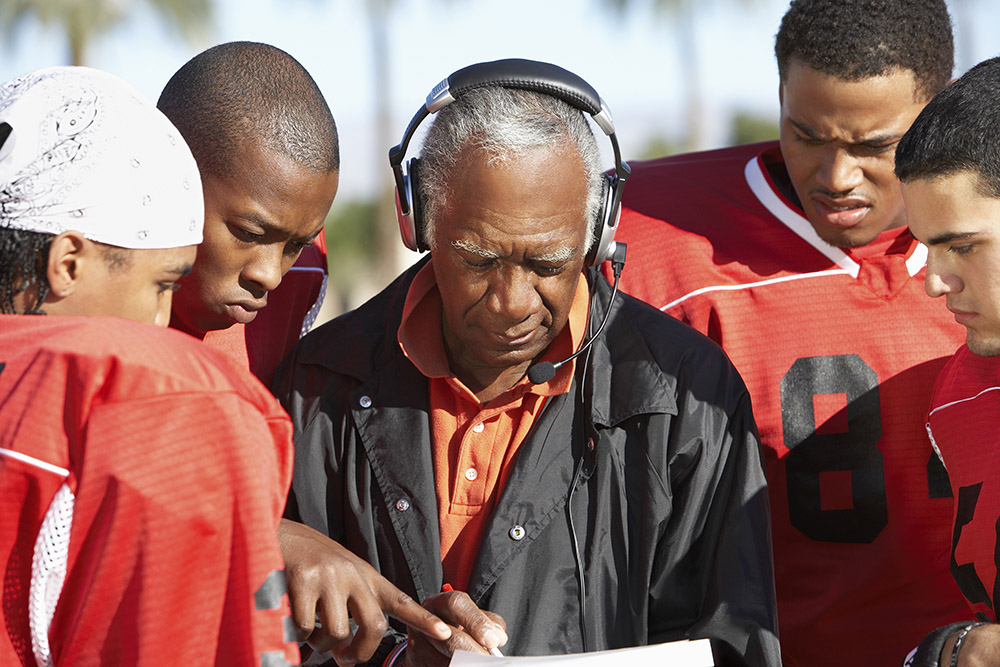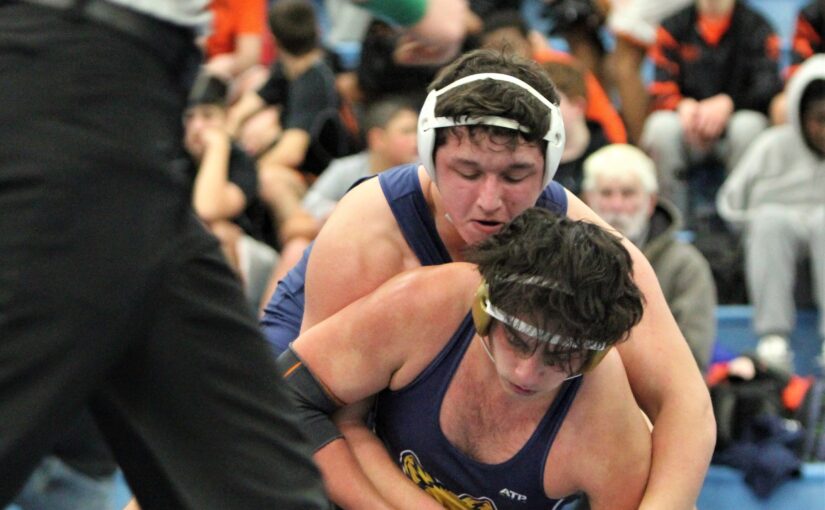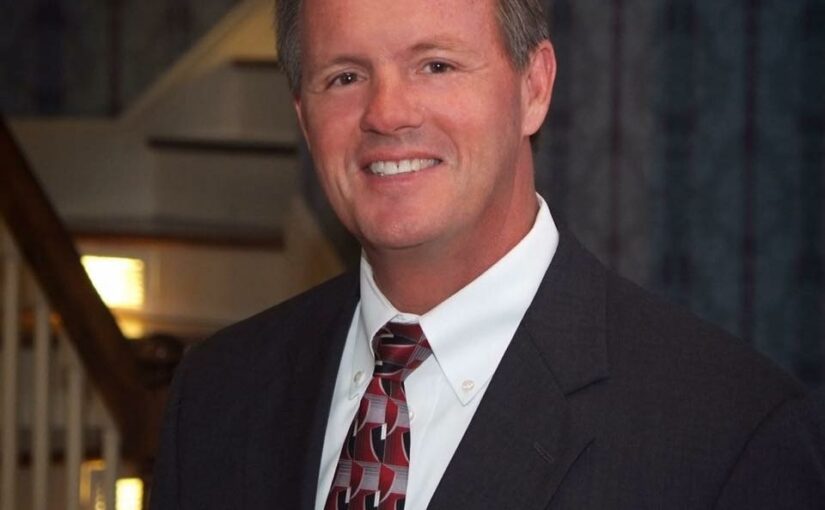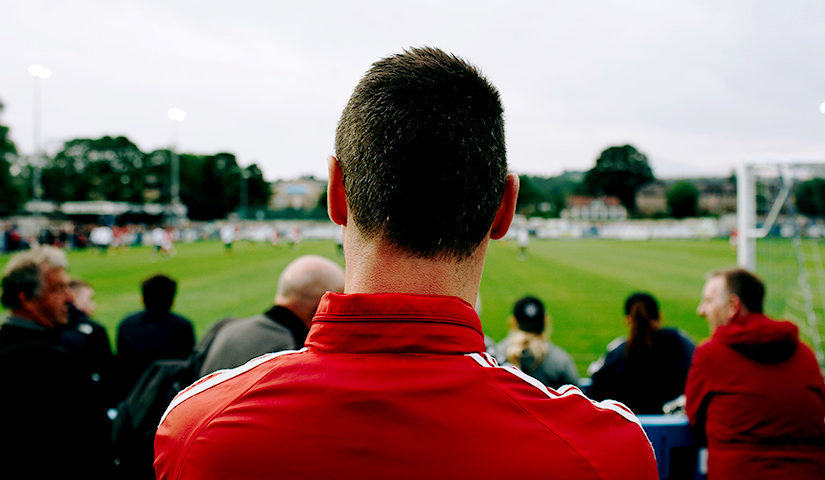How to Better Connect With Your Athletes
A recent report from Athletics Weekly’s Kibwe Johnson discussed how coaches can better connect with their athletes.
 Below is an excerpt from the Athletics Weekly story.
Below is an excerpt from the Athletics Weekly story.
Athlete-centered coaching means involving the athlete in their own coaching process – that athletes must play an active role in their own education, relying on themselves to learn as much as relying on their coach.
The goal of athlete-centered coaching is to foster meaningful learning, not just telling an athlete what to do and expecting obedience.
There is value in teaching the foundations of biomechanics from the over-saturated industry of “how to come out of the blocks, how to go over the hurdle, how to develop an effective power position”, and so on. I am suggesting adapting the lessons to the athlete.
Coaching also requires an ability to take students out of their minds and into reality. Simply reading and memorizing does not get the job done. As coaches, we must facilitate in a way that most effectively guides the athlete to that end.
This is where a coach’s ego can get in the way. Many coaches want their athletes to connect to what they know but our job is to find the “hows” and the “whys” to get athletes actively participating. We need to find the things and motivations to help them along the way.
Being effective in athlete-centered coaching means being secure enough to relinquish the assumed control of a coach and believing that an athlete’s interest in their own well-being is deeper than you know.
You will find that communication improves when athletes no longer wait to be told what to do next. They ask questions and become more invested in their own success. They will also learn that failure isn’t final; it’s an opportunity to learn. To be successful, one does not need to be infallibly self-assured, but rather to believe in themselves and remain committed to the process.
Achieving the desired results with this method may take much longer, but be patient and work with them. Forcing an athlete to connect to this coaching style is just as problematic as sticking to traditional methods.
To read the full article from Athletics Weekly, click here.







